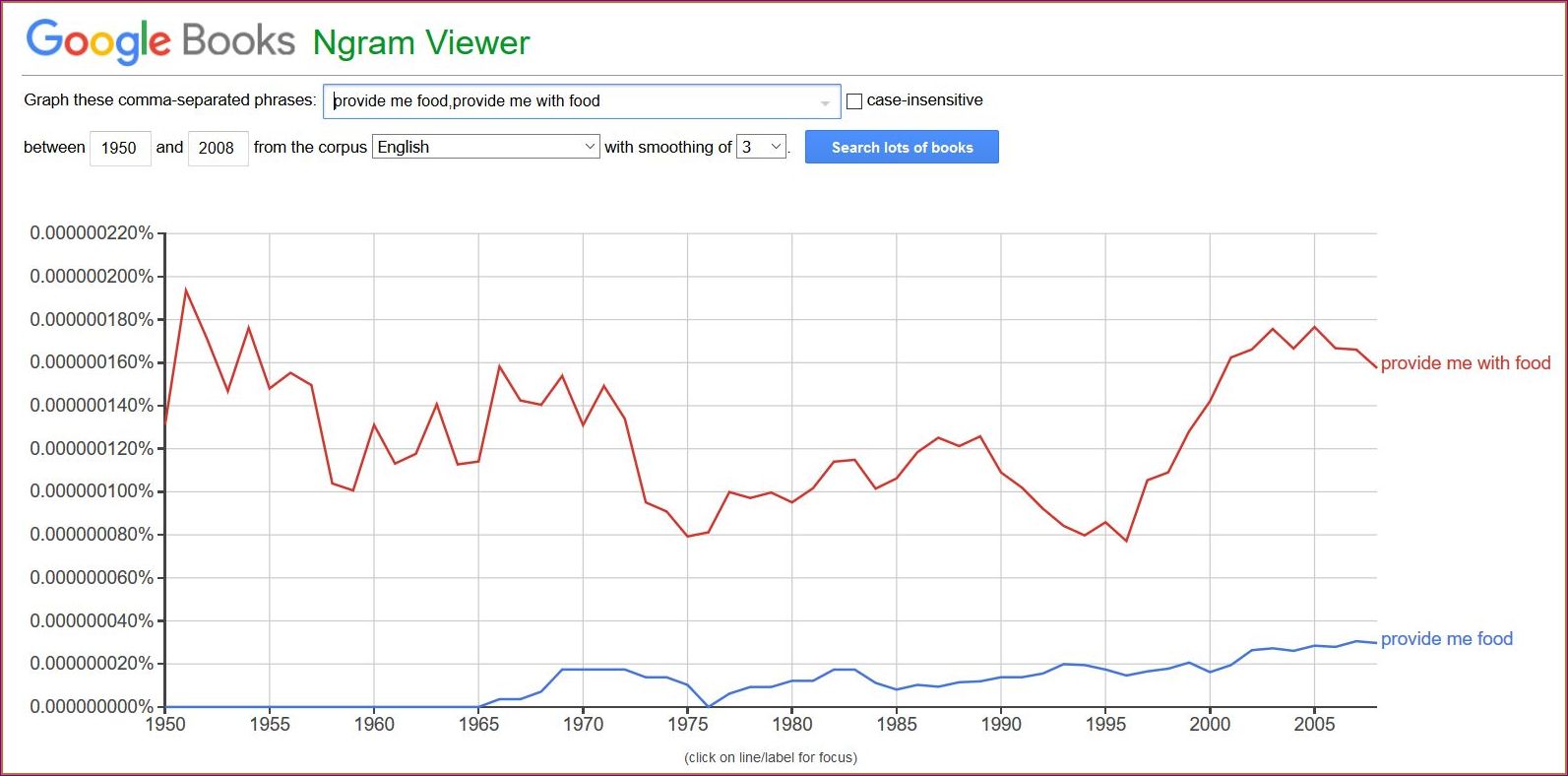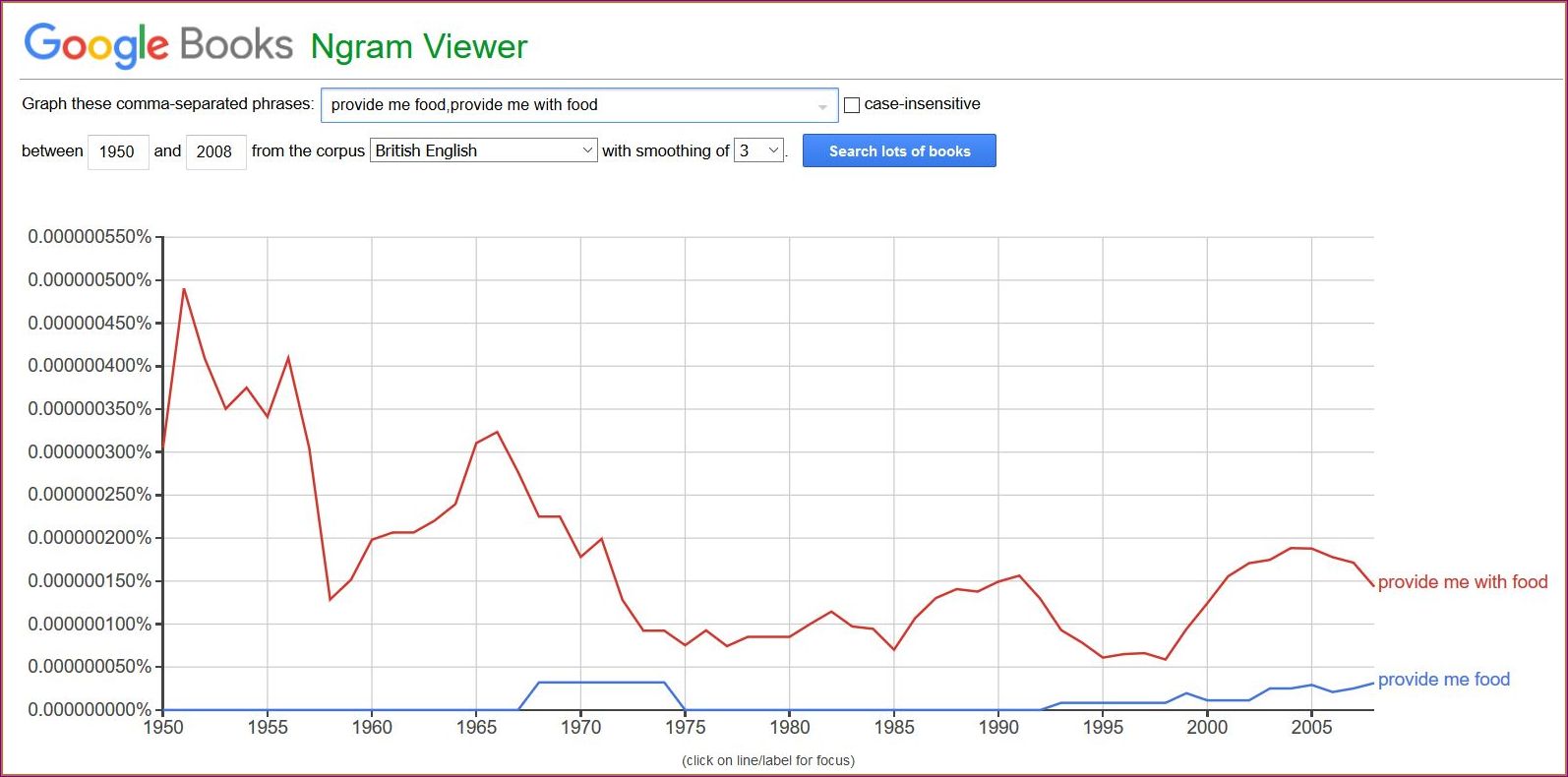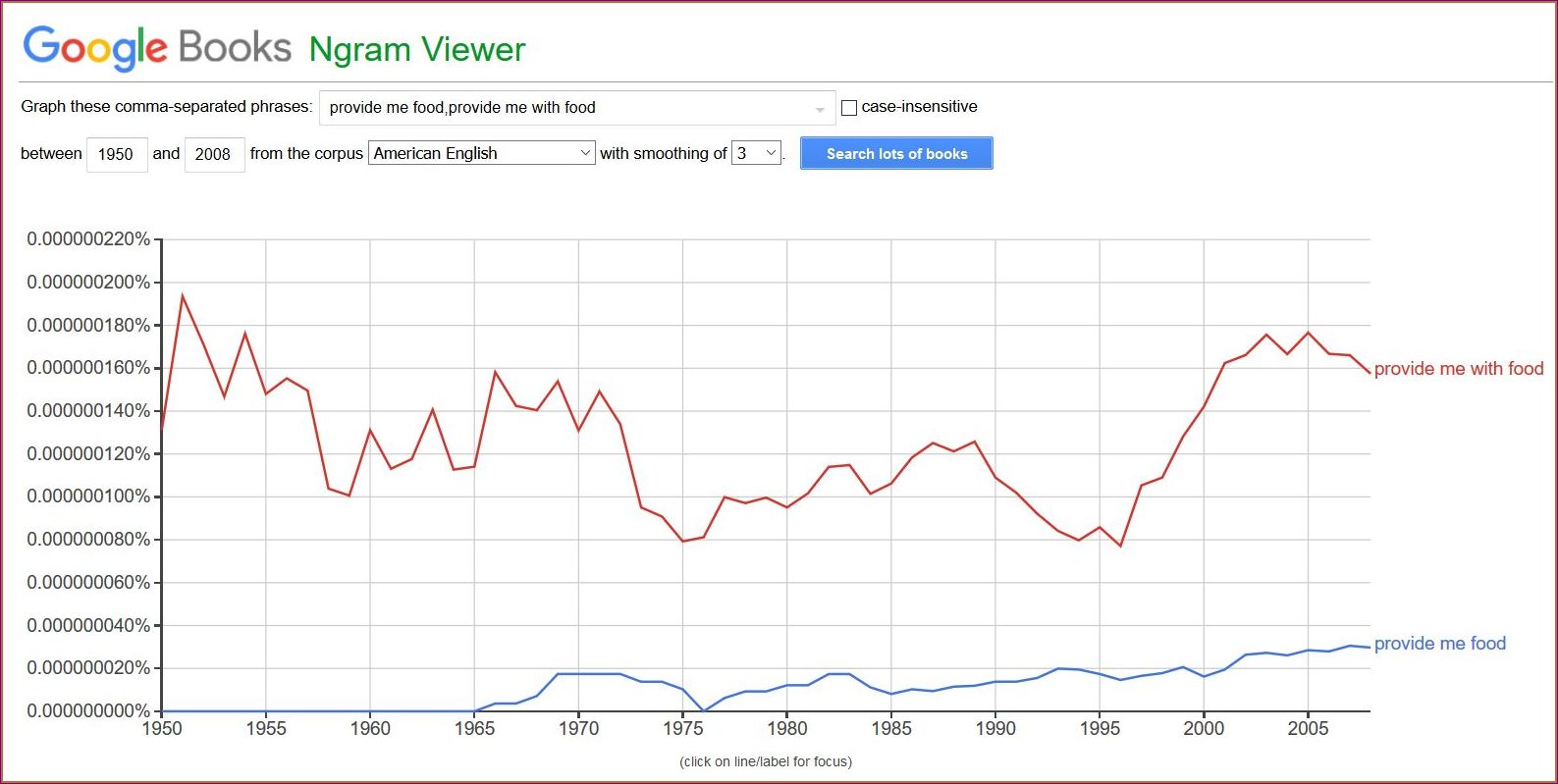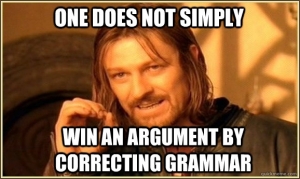
It’s got to be the topic closest to editors’ hearts: commas. We love arguing about them, and I’m intrigued by how different editors apply comma rules. I’m fond of saying that there are two types of editor: comma putterinnerers and comma takerouterers, which is just another way of saying, ‘I see your comma rules and I raise you anarchy’.
Here I want to talk specifically about the comma before ‘and’. I’ve written about it before, but this post is about the specific examples I see in very polished writing.
Brief comma refresh
The function of commas is to separate elements in a sentence:
1. To separate main clauses linked by a coordinating conjunction such as ‘and’. These are sentences like:
Caffeine can keep coffee drinkers alert, and it may elevate their mood (TLBH p. 432)
Each element either side of the <, and> is a sentence that can stand on its own.
2. To set off introductory elements: Yesterday, she was very upset.
3. To set off non-essential elements: She was, understandably, very upset.
4. To separate three or more items of equal importance in a list: We all need air, water, food, and chocolate. (The last comma in this example is a serial comma; it’s not the topic of this post.)
5. To separate coordinate adjectives: The red, blue, yellow and green blanket was very warm. (This sentence has a list that doesn’t use the serial comma.)
In general, then, you don’t use a comma when you’re separating items in a list of two. TLBH says explicitly that you should delete a comma that separates a pair of words, phrases or subordinate clauses joined by a coordinating conjunction (p. 448).
When sentences are short, this is easy. We would all recognise that these commas are wrong:
A. I bought milk, and bread. (comma incorrectly separating two direct objects)
B. I went shopping, and bought groceries. (comma incorrectly separating two verbs dependent on the same subject: I went shopping; I bought groceries)
However, this is more difficult to see in longer sentences where the structural elements are the same, just longer.
Sentences using <, and>
From a number of large documents, I took a sample of sentences that have the structure
< , and> and then divided them up into different types. A lot of them fit the pattern described in 1 and 4 above, so those commas were fine.
But I could also see some that fit the A and B examples above. (Note that the sample sentences below come from real sentences I find in my work, but I’ve changed key phrases to protect privacy.)
Type A (with two items that come off the stem ‘required to research’ shown in the numbered square brackets)
(a) More work is desperately required to research [1] the best ways to manage these areas, and [2] whether we are able to improve the vegetation density in the short term.
Type B (with two verbs both dependent on the same subject)
(b) After six months I asked to work as a business analyst, and was promoted to Senior Analyst.
(c) The organisation works with the community, local government and industry groups, and fosters good management practices and ethics.
Some reasons authors might do this
I’ve had a look through this dataset and they do seem to fall into some rough categories.
1. Proliferation of ‘and’: the first list item has ‘and’ as part of it
(d) I have divided it into tools that we use specifically as part of our reading and writing processes, and tools that we use in a broader business context.
In this example, the author wants to separate the two occurrences of ‘and’ that occur as part of the phrase ‘our reading and writing processes and tools’, even though it’s clear from the parallel structure of ‘tools that we use for X … tools that we use for Y’ what the two items in the list are. Sentence (c) also fits this pattern.
Sometimes the first list item can contain so many instances of ‘and’ that the comma helps bring the reader back to what the stem is (although the best solution then is usually to break the sentence into two and, in the example below, fix the redundancy).
(e) You will need to revise the climate change section of the website regularly with updates and new information about adaptation planning as well as emergent technology and resilience processes that reduce impacts of climate change and warming, and the lessons being learned from on-ground projects and field trials.
In this very long list, the author is distinguishing between information available from external research and information available from this organisation’s internal research. However, the first list isn’t named as such and consists of a list of the possible things that come under the heading of external research.
The overall issue then seems to be that the sentence is just too long, and the author feels that adding the comma will help break up what appears to be a long list.
2. Using a comma to separate nouns where one is modified but the other not
(f) By the end of the period, to have all agencies, and properties identified in the research program showing improved results in pest management.
If this sentence were just ‘… to have all agencies and properties showing improved results …’, I think the author wouldn’t have used the unnecessary comma. Note this modification is restrictive, in that not all properties are included in the list.
3. Where a prepositional phrase gives more information about the first noun in a list of two nouns
(g) He has been a plant illustrator for books based on theses, and has advised art students on aspects of biological illustration.
(h) Her role includes writing fact sheets about social research, and working with a variety of community stakeholders.
The prepositional phrase here is another kind of modification, but it’s non-restrictive; it just provides additional information.
4. Using a comma when the first list item has a series of commas, and it seems to close that list off before giving the second list item
(i) I left Australia at the end of a long, hot, enervating summer, and began my research at Max Planck Institute feeling like a desiccated leaf.
5. Using a comma to signal a pause in real time
(j) It is the first thing I do when I come into the office each morning, and the last thing I do before I leave each night.
Here the author seems to have inserted the comma to provide the sense of real time that has passed between the morning and the evening. Sentence (b) could also fit this pattern, if the author intends to convey a passage of time between asking for the role and being promoted within the role.
6. Using a comma to provide emphasis by separating the two list items
(k) He said he WOULD make the call, and would do so immediately.
The capped ‘WOULD’ was in the original text, which led me to think that the author wanted each list item to stand a bit more independently than they would without the comma.
I’m very interested to know what other editors think about this. Can all these instances of comma use be gathered together under the umbrella of avoiding ambiguity (even that is usually an explanation for use of the serial comma, where the list has three or more items)? If you’re an editor and have a source that says this type of comma is fine, please do link it in the comments below!
Fowler HR and Aaron JE. 2007. The Little, Brown Handbook. Pearson Longman. New York.

















